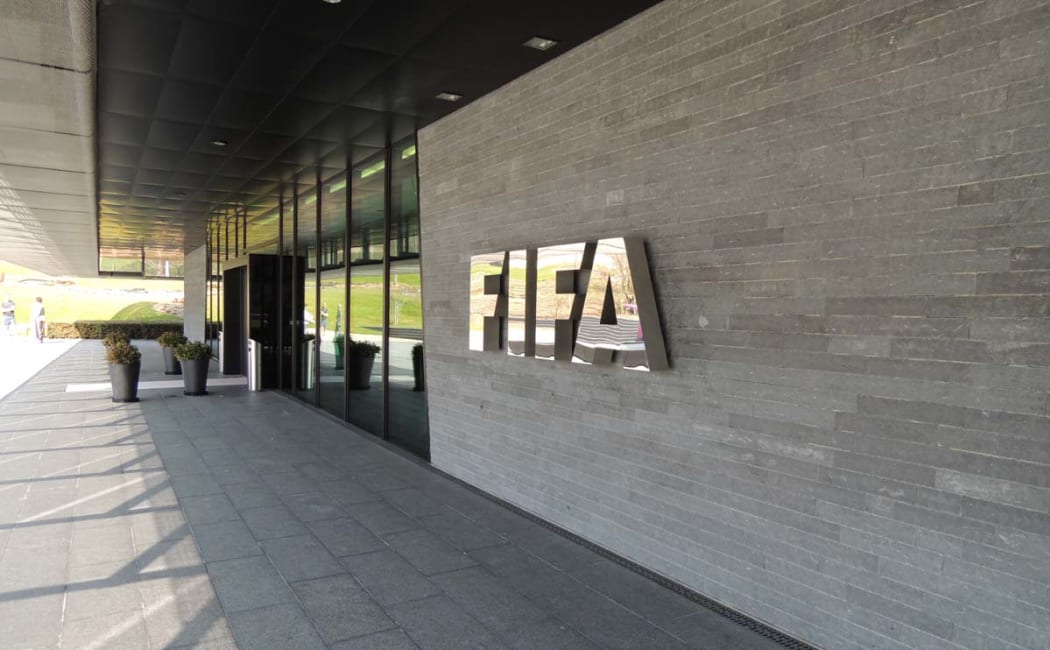FIFA Strips South Africa of World Cup Qualifying Points Over Ineligible Player

FIFA Strips South Africa of World Cup Qualifying Points Over Ineligible Player
By Africanews with Agencies | Updated September 30, 2025
South Africa’s dream of reaching the 2026 FIFA World Cup took a serious hit after FIFA’s Disciplinary Committee announced that the national team has been penalized for fielding an ineligible player. The decision, which involves the forfeiture of three crucial qualifying points, has dramatically altered the standings in Group C, putting South Africa’s qualification hopes in jeopardy.
Why Did FIFA Punish South Africa?
At the center of the controversy is Teboho Mokoena, who played in a qualifying match against Lesotho in March 2025. FIFA discovered that Mokoena should have served a one-match suspension due to the accumulation of yellow cards in two previous qualifiers. By fielding him, the South African Football Association (SAFA) committed an administrative error that violated FIFA’s eligibility rules.
The ruling not only strips South Africa of the win but also hands three points to Lesotho, reshaping the competitive landscape of Group C.
Embarrassment for South African Football Leadership
The incident has caused significant embarrassment for South Africa, especially since its top football administrator, Patrice Motsepe, serves as a FIFA vice-president. Observers note that such an administrative lapse undermines South Africa’s reputation in world football and raises questions about internal management within SAFA.
Alongside the points deduction, FIFA also imposed a fine of $12,536 on the South African Football Association. In addition, Teboho Mokoena himself received an official warning for his involvement in the incident.
Impact on World Cup Qualifying Standings
The disciplinary ruling has had immediate consequences for Group C. South Africa’s victory over Lesotho has been annulled, giving Lesotho the win and shifting the group’s balance. As a result, Benin now leads the group on goal difference, while Nigeria, who had been slipping behind, have been given a lifeline.
Nigeria now sit within just three points of the top two spots, heading into the final two rounds of qualifiers scheduled for October 2025. With only group winners qualifying directly for the 2026 World Cup, and runners-up facing a grueling playoff route, the stakes are higher than ever.
Nigeria Back in Contention
Nigeria’s national team, the Super Eagles, will feel reinvigorated by FIFA’s ruling. The deduction of points from South Africa reopens the door for their qualification chances, giving them renewed hope of finishing at the top of Group C or at least securing a playoff spot.
With two games remaining, Nigeria’s clash against Benin and South Africa could prove decisive in shaping the final group standings.
World Cup 2026: A Global Stage
The 2026 FIFA World Cup, to be jointly hosted by the United States, Canada, and Mexico, promises to be the biggest in history with 48 teams participating. South Africa, which last featured in the tournament when it hosted in 2010, had been determined to make a comeback on the global stage. This setback now makes qualification much harder, and the team must win its remaining fixtures while relying on other results to go in its favor.
What Happens Next?
South Africa will have to regroup quickly. The disciplinary decision has intensified pressure on Shan Mkhonza’s squad and the SAFA leadership. Fans are demanding accountability, while players must remain focused ahead of their final two qualifying matches.
Meanwhile, Lesotho, who benefited directly from FIFA’s ruling, now have a newfound opportunity to climb higher in the group and potentially chase an unlikely qualification dream.
Conclusion
FIFA’s decision to strip South Africa of three World Cup qualifying points has shaken up Group C, benefiting Lesotho, putting Benin on top, and reviving Nigeria’s World Cup hopes. The ruling highlights the importance of administrative precision in modern football, where even minor oversights can have devastating consequences. For South Africa, the road to the 2026 World Cup has become steeper than ever, but for their rivals, opportunity now knocks loudly.
